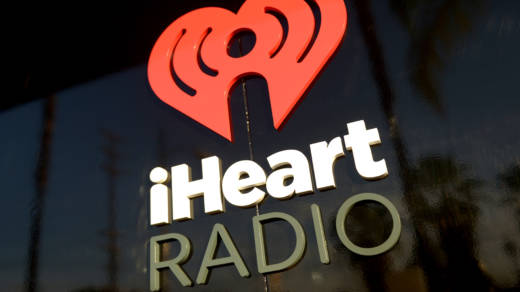The “substantial doubt” that iHeartMedia’s corporate leaders expressed around the company’s likelihood of surviving another year, mentioned in its quarterly financial report last November, has been put to rest.
iHeartMedia, the country’s largest radio broadcaster with around 850 stations and a leading outdoor advertising company, is filing for bankruptcy after spending years trying to manage its $20 billion in outstanding indebtedness. (For some context, per that November statement, iHeartMedia was obligated to pay $1.8 billion in interest over that coming year.)
iHeartMedia radio stations in the San Francisco Bay Area, such as Wild 94.9 and 106 KMEL, did not publicly respond to the news Thursday.
The company writes in a press release that it has reached “an agreement in principle with holders of more than $10 billion of its outstanding debt and its financial sponsors” that will essentially cut its debt in half, and that it has filed motions with the court to be allowed to operate normally through the restructuring. The bankruptcy follows, by two months, the bankruptcy of the country’s second-largest radio company, Cumulus, which offloaded $1 billion in debt.
Per the terms of its filing, the company will distribute 91.79 percent of its “reorganized common stock” after the upcoming restructuring, and establish $5.41 billion in new secured debt to its debtees. As well, those debt holders will receive all of the equity it holds in its dominant outdoor advertising company, Clear Channel Outdoor Holdings (CCOH), which will be distributed in the same way. Asked to clarify who would be receiving these equities, iHeartMedia declined to comment and referred NPR to the language of the filing.

9(MDAxOTAwOTE4MDEyMTkxMDAzNjczZDljZA004))

